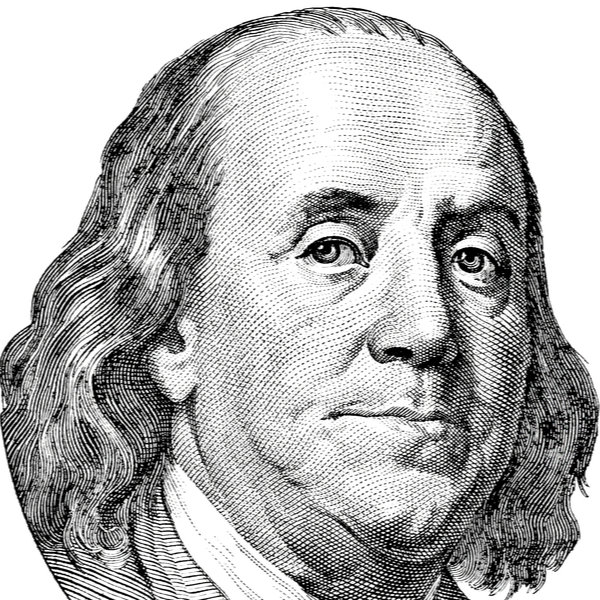
Benjamin Franklin
( 1706 - 1790)Added Date: October 12, 2022
Born: January 17, 1706
Died: April 17, 1790
Country: United States
Benjamin Franklin was a brilliant American who was active as a writer, scientist, inventor, statesman, diplomat, printer, publisher, and political philosopher.
Among the leading intellectuals of his time, Franklin was one of the Founding Fathers of the United States, a drafter and signer of the United States Declaration of Independence, and the first United States Postmaster General.
As a scientist, he was a major figure in the American Enlightenment and the history of physics for his studies of electricity, and for charting and naming the current still known as the Gulf Stream. As an inventor, he is known for the lightning rod, bifocals, and the Franklin stove, among others.
He founded many civic organizations, including the Library Company, Philadelphia's first fire department, and the University of Pennsylvania.
Franklin was foundational in defining the American ethos as a marriage of the practical values of thrift, hard work, education, community spirit, self- governing institutions, and opposition to authoritarianism both political and religious, with the scientific and tolerant values of the Enlightenment.
Franklin has been called "the most accomplished American of his age and the most influential in inventing the type of society America would become."
Franklin believed in self-improvement and at the age of 20 developed a plan of 13 virtues that should be practiced throughout one’s life:
1. Temperance – Eat not to dullness; drink not to elevation.
2. Silence – Speak not but what may benefit others or yourself; avoid trifling conversation.
3. Order – Let all your things have their places; let each part of your business have its time.
4. Resolution – Resolve to perform what you ought; perform without fail what you resolve.
5. Frugality – Make no expense but to do good to others or yourself; i.e., waste nothing.
6. Industry – Lose no time; be always employed in something useful; cut off all unnecessary actions.
7. Sincerity – Use no hurtful deceit; think innocently and justly, and, if you speak, speak accordingly.
8. Justice – Wrong none by doing injuries, or omitting the benefits that are your duty.
9. Moderation – Avoid extremes; forbear resenting injuries so much as you think they deserve.
10. Cleanliness – Tolerate no uncleanliness in body, clothes, or habitation.
11. Tranquility – Be not disturbed at trifles, or at accidents common or unavoidable.
12. Chastity – Rarely use venery but for health or offspring, never to dullness, weakness, or the injury of your own or another's peace or reputation.
13. Humility – Imitate Jesus and Socrates.
Franklin did not try to work on them all at once. Instead, he would work on one and only one each week. He believed this effort made him a better man, contributing greatly to his success and happiness. It was his hope, that some of his descendants would follow this example and reap the same benefit.
Benjamin Franklin forever in history and In Heaven with the Stars.
Sarah G.
December 04, 2022A brilliant scientist that made me love science in high school and then I found out he was one of our "Founding Fathers" – AMAZING.
load more


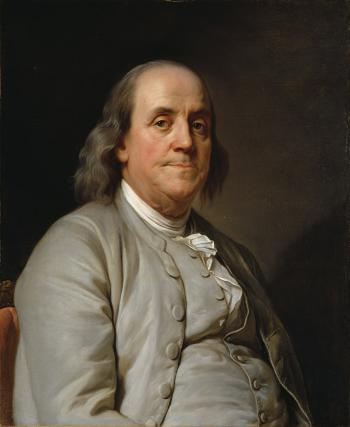
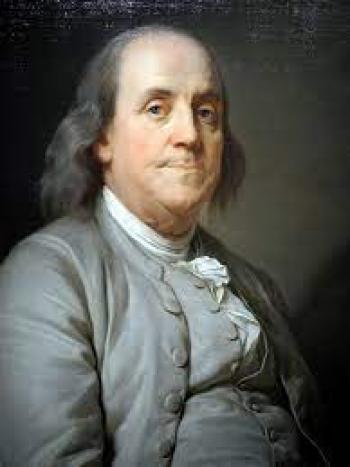
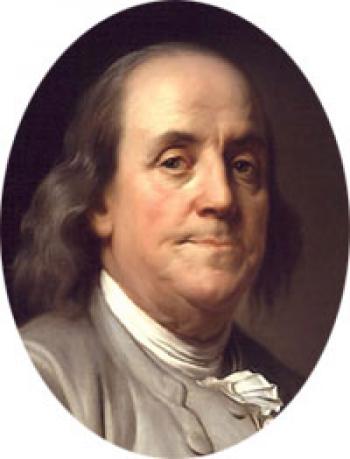
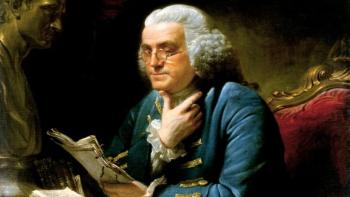
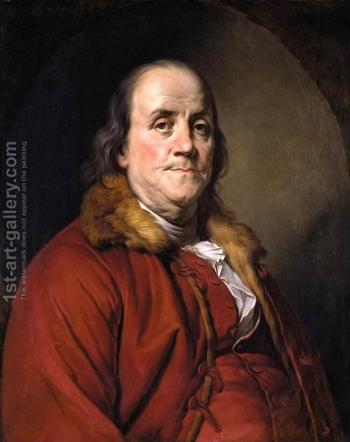
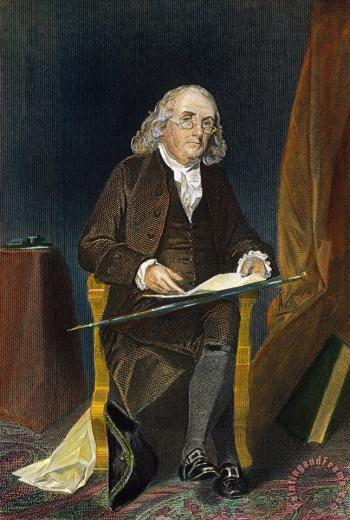
1